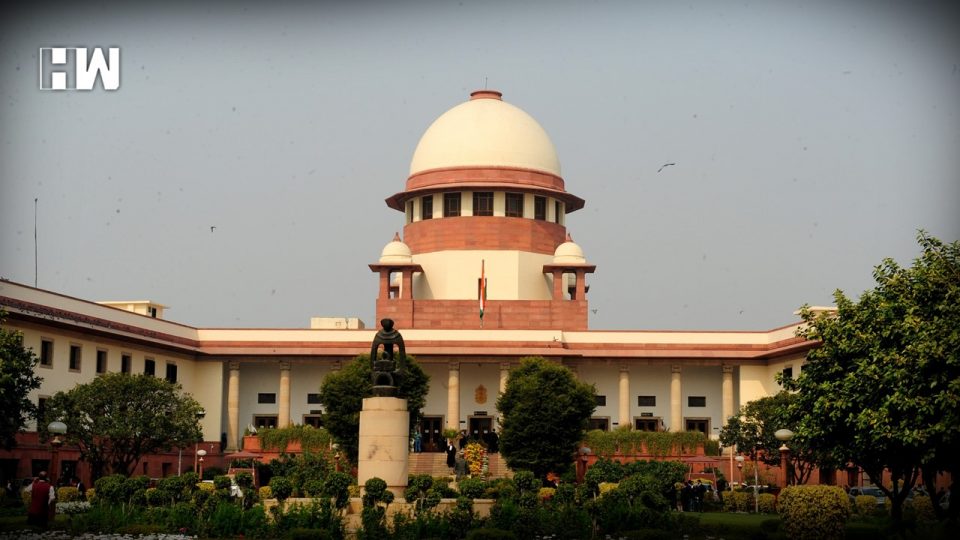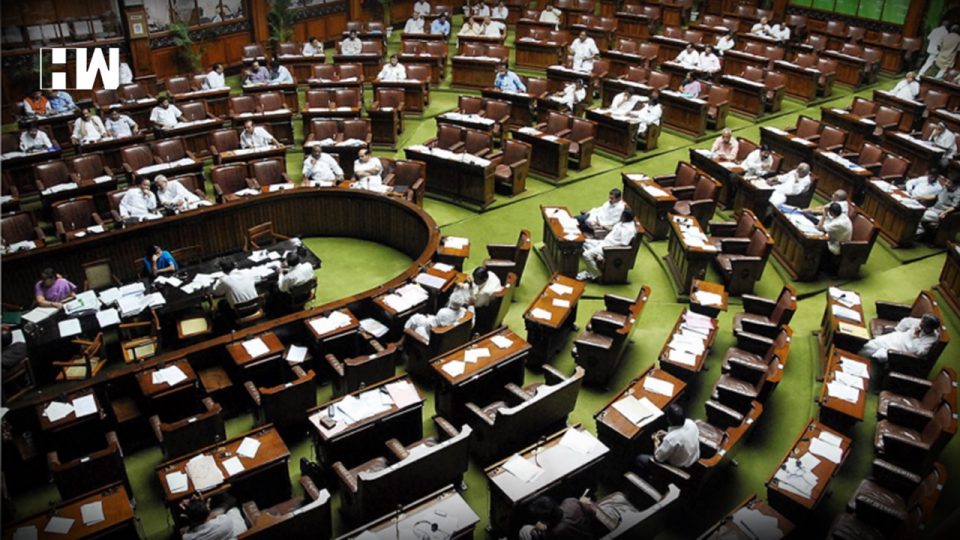New Delhi | The Supreme Court on Tuesday constituted a 5 judge bench to hear the Babri Masjid-Ram Janmabhoomi Ayodhya dispute on January 10.
The Five judge bench apex court bench include CJI Ranjan Gogoi along with Justice SA Bobde, Justice NV Ramana, Justice UU Lalit and Justice DY Chandrachud.
Earlier the top court bench including Chief Justice Ranjan Gogoi, Justice SK Kaul and Justice M Joseph had postponed the matter till January 2019 to fix the date of hearing in the Ayodhya title suit. The bench headed by Chief Justice Ranjan Gogoi had said, “It will come up in the first week of January not for hearing but for deciding the date of the hearing. The hearing may be in January, February, March, whenever….also the bench by which it shall be heard will be constituted.
As an independent media platform, we do not take advertisements from governments and corporate houses. It is you, our readers, who have supported us on our journey to do honest and unbiased journalism. Please contribute, so that we can continue to do the same in future.


